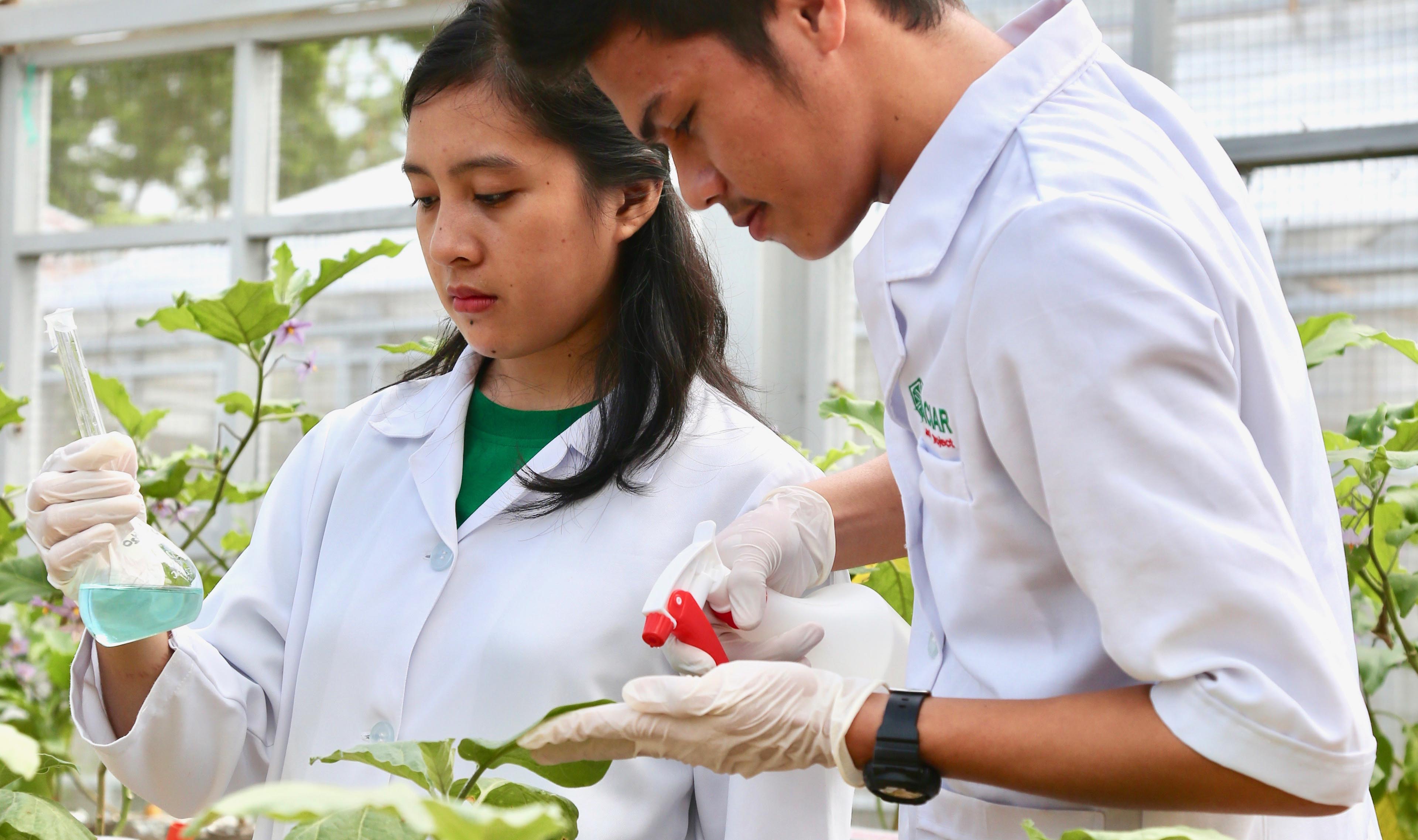Frequently Asked Questions about Sexual Harassment
1. How is sexual harassment defined by law?
Sexual harassment is an act or series of acts involving any unwelcome sexual advance, request or demand for sexual favor, or other verbal or physical behavior of a sexual nature, committed by any administrator, faculty, staff, and student.
In a work-related or education/training-related environment, the person complained of exercise authority, moral ascendancy over another person or individual. [See page 2 of Implementing Rules and Regulations (IRR)]
2. What acts can be considered sexual harassment?
Sexual harassment can consist of the following:
- Persistent, unwanted attempts to change a professional or educational relationship to a personal one
- Unwelcome sexual flirtations and inappropriate put-downs of individuals or classes of people
- Leering, whistling, touching, pinching, or brushing against another’s body.
- Use or display of objects or pictures, graphics, letters, or notes which have sexual underpinnings that would create a hostile or offensive work or living environment
- Sexual assault, rape
[See page 3 of IRR]
3. What inappropriate comments can be considered sexual harassment?
Statements that can be considered sexual harassment include:
- Graphic commentary about a person’s body, sexual prowess or deficiencies
- Repeated sexual-oriented kidding, teasing, joking, and flirting
- Offensive crude language
- Derogatory, demeaning, or lascivious comments about men and women in general, whether sexual or not
[See page 3 of IRR]
4. To whom will I report an incident of sexual harassment?
At VSU, you can ask for help or advice from the Anti-Sexual Harassment Office. The following personnel constitute ASHO:
Dr. Beatriz Belonias – VP for Instruction, Chair
Prof. Manolo Loreto –Dean of Students, Member
Dr. Ruth O. Escasinas –Faculty Representative, Member
Dr. Josephine O. Zafico –Administrative Staff Representative, Member
USSC President –Student Representative
Prof. Maria Aurora Teresita Tabada –Institute of Strategic Research and Development Studies Director, ASHO Coordinator
5. How can I report a sexual harassment incident?
You can opt for either an informal or formal filing procedure.
- Informal procedure: Have the incident recorded or document. Both parties will undergo counseling.
- Formal procedure: File a written complaint to ASHO. A formal investigation or hearing will be conducted.
[See procedures for filing a complaint here.]










